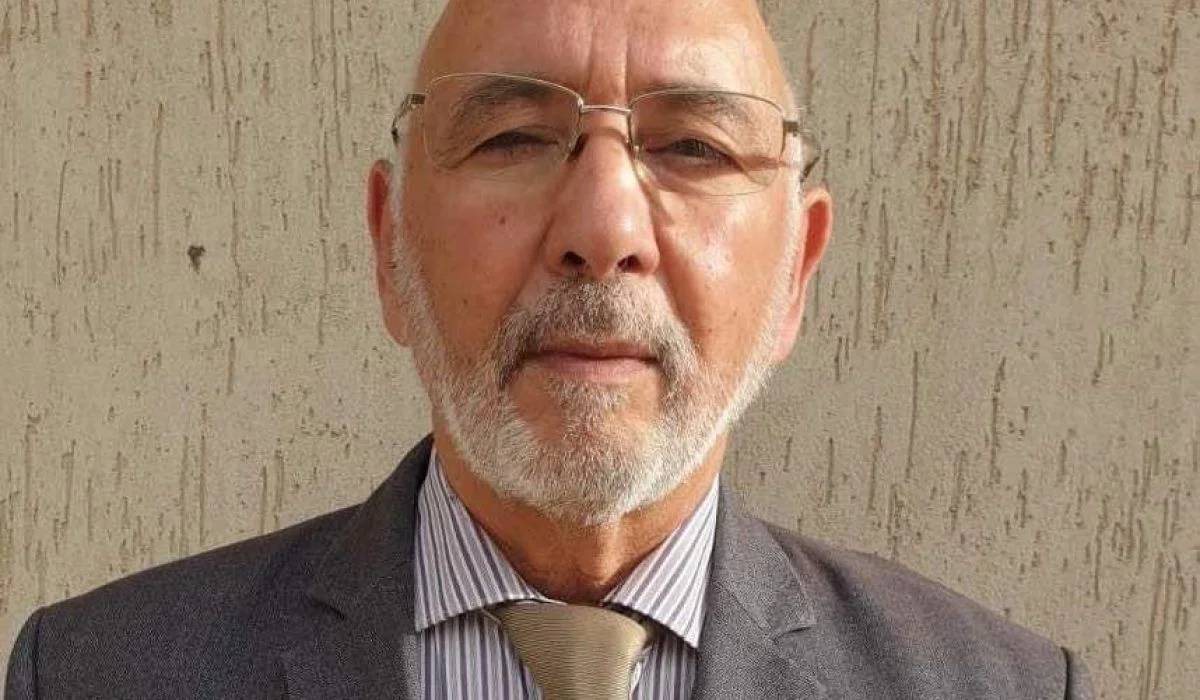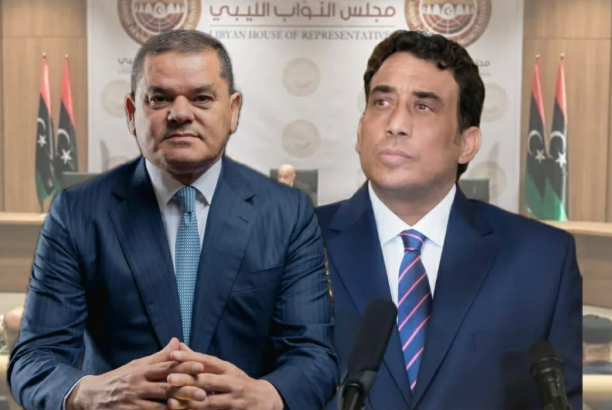
| News
Exclusive: Zarmouh: A Series of Contradictions and Disturbances in the Decisions of the Central Bank of Libya
Economics professor at the Libyan Academy, Omar Zarmouh, commented exclusively to our source on the Central Bank of Libya’s decision regarding the exchange rate adjustment, saying:
What is surprising in the decisions issued by the Central Bank of Libya on Sunday, April 6, is that they carry within them a series of contradictions and disturbances that such a prestigious bank should not have fallen into, being the most important economic institution in the country. These include the following:
- When the new administration took over its duties, it pledged to strengthen the value of the dinar. What we are witnessing today is the opposite.
- The administration insisted on continuing to impose the tax, which was initially 27%, then reduced to 20%, and again to 15%, defying court rulings that declared it invalid. There is no economic or legal justification for continuing with it.
- As part of the insistence on imposing the tax, recent rumors have emerged suggesting that the tax will be increased to 33%. Although I don’t believe rumors, by testing this one, it turns out that reducing the value of the Libyan dinar by approximately 13% while keeping the 15% tax is equivalent to imposing a 33% tax. This means that the bank’s administration may have actually intended to raise the tax to 33% but failed to do so, substituting it with a devaluation of the dinar. This indicates the administration is inconsistent in its decisions and lacks a coherent economic policy. This inconsistency is demonstrated by the shifting rates (27%, then 20%, then 15%, then effectively 33%), especially in light of the previous analysis of the 33%.
- In October 2024, the administration decided to increase the personal transfer allowance from $4,000 to $8,000, only to reduce it now to $2,000, along with a review of foreign currency transfer regulations. This contradicts previous statements from the administration claiming the bank is ready to meet all foreign currency demand. Doesn’t this shake public confidence?
- The issue is that such decisions appear to be based on nothing but emotion or trial-and-error (“hit or miss”) and are not grounded in any solid economic principles or theories.
He concluded:
Finally, I urge the Bank’s administration to put the ‘goal of monetary stability’ at the forefront of its objectives, to rely on science, and to steer clear of experimentation—whose failed outcomes are well-known in advance to economists.





